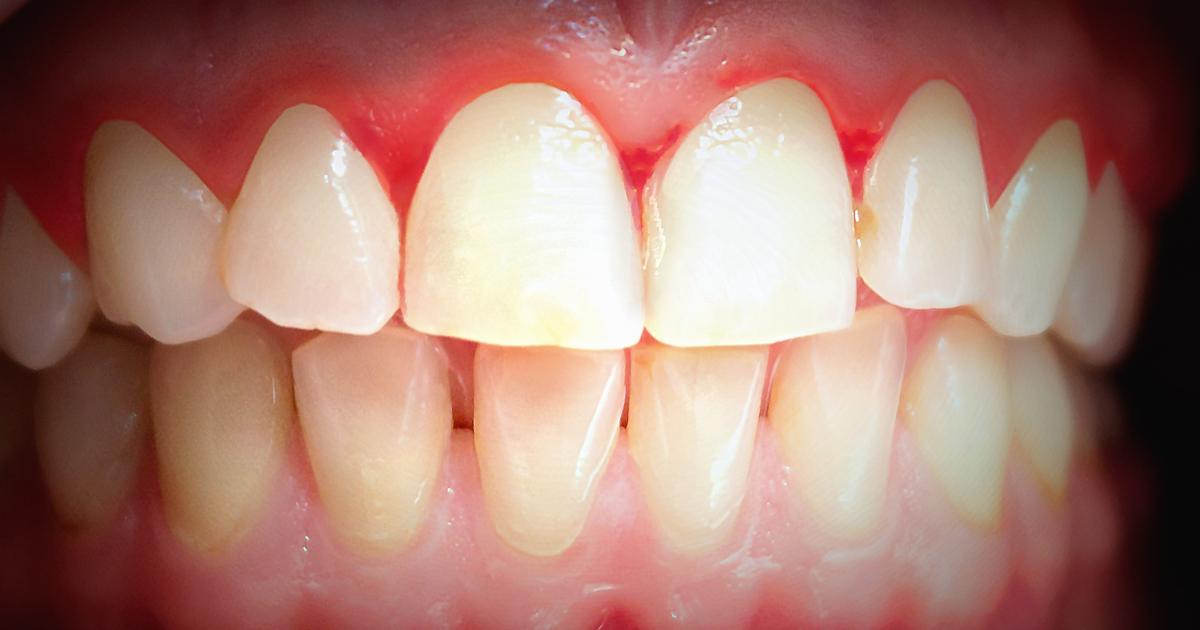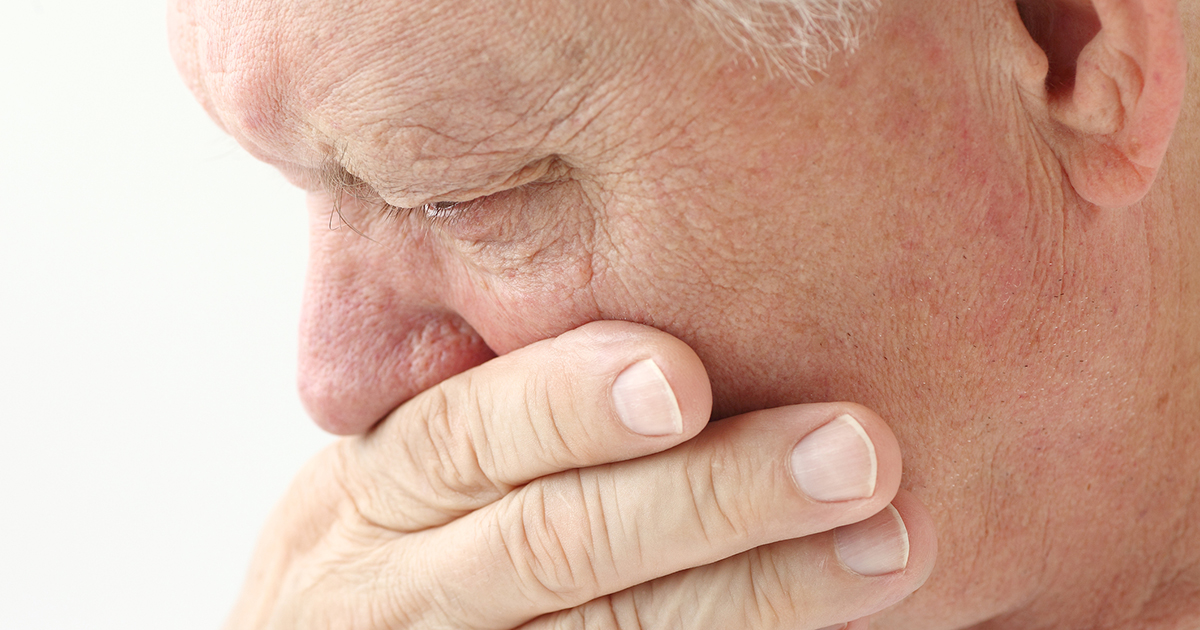Side Effects Of Calcium Channel Blockers
Tender Or Bleeding Gums

Rarely, patients could notice tender or bleeding gums while on calcium channel blockers. Some forms of this medication cause pseudo pockets to develop along the gumline, and patients might also experience gum swelling. Patients may notice bleeding or pain after brushing and flossing, and dentists recommend an exam with a gum specialist before deciding to take calcium channel blockers. Patients who have poor gum health may need to have professional teeth cleanings as often as every three months, and they might also need to attend regular visits with dentists and gum specialists during their treatment with calcium channel blockers. To minimize gum bleeding and tenderness, it could be helpful to use a toothbrush with soft bristles, and patients should be instructed in proper brushing techniques. Dentists may recommend that patients at risk of gum disease use a prescription toothpaste or mouthwash designed to promote gum health. Patients should visit their dentist promptly if they notice any changes to their gums.
Discover additional calcium channel blocker side effects now.
Nausea

Nausea occurs when an individual feels sick to their stomach and has the urge to vomit. Nausea might or might not be accompanied by vomiting. Since nausea could be a sign of an underlying medical condition, patients with this symptom should mention it to their physician. Most cases of nausea resolve on their own within a few hours to a few days. Patients, including those taking calcium channel blockers, can treat this symptom at home by eating a bland diet and avoiding highly seasoned foods. Drinking ginger or chamomile tea might be soothing, and some patients find relief through getting fresh air. It can be helpful to avoid strong odors, including heavy perfumes. Patients might want to keep a food diary to see if any particular foods exacerbate their nausea. If nausea occurs in conjunction with diarrhea or does not go away in a few days, a doctor's appointment is needed. Emergency medical care should be sought for nausea accompanied by chest pain, shortness of breath, abdominal pain, or visible signs of dehydration such as dry lips, a dry mouth, rapid breathing, and sunken eyes.
